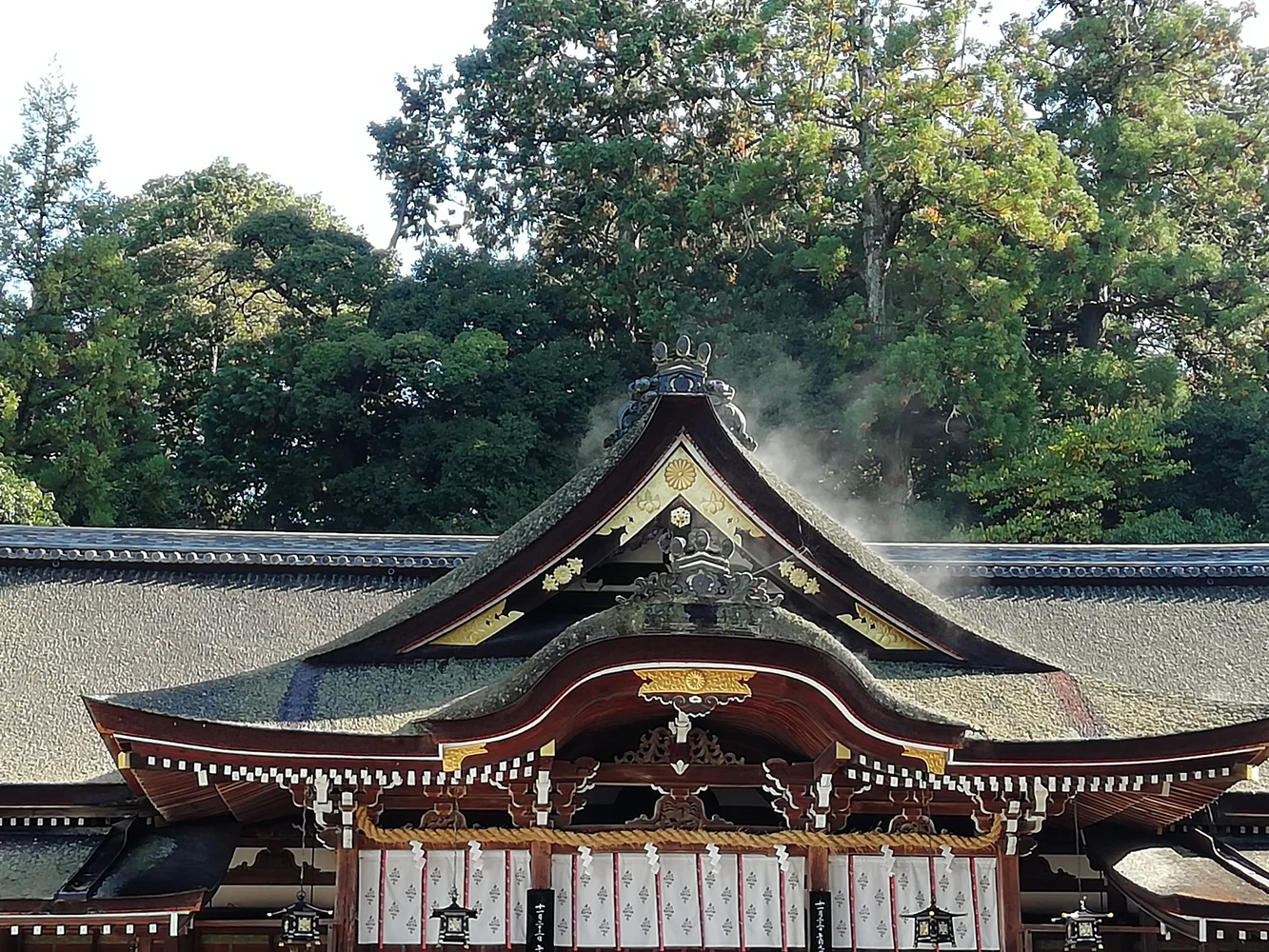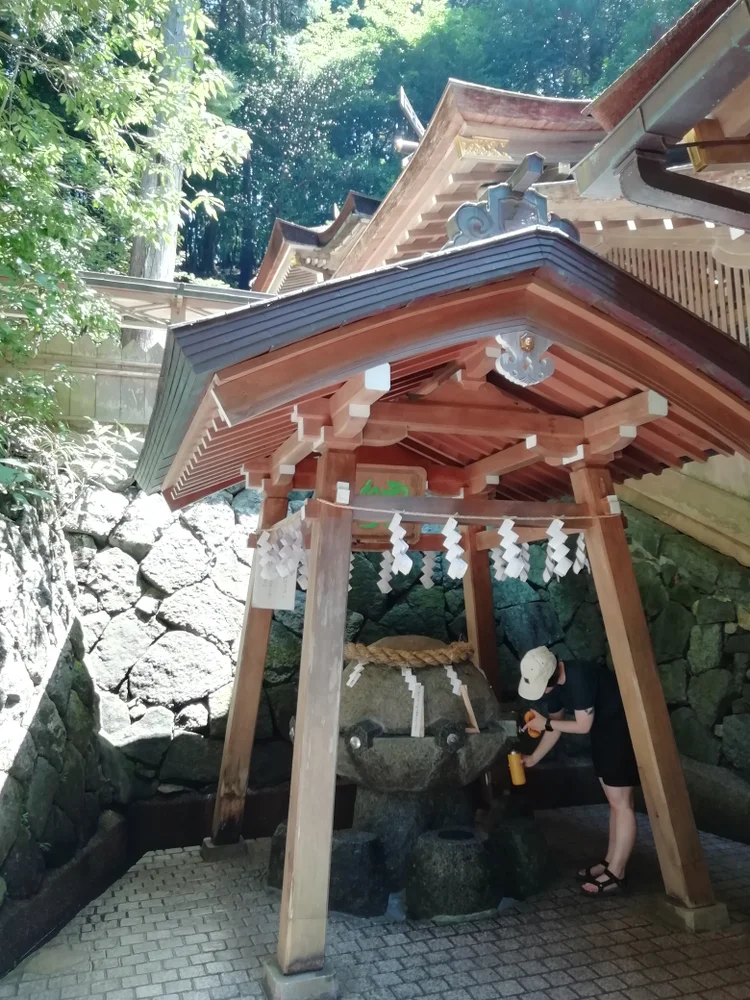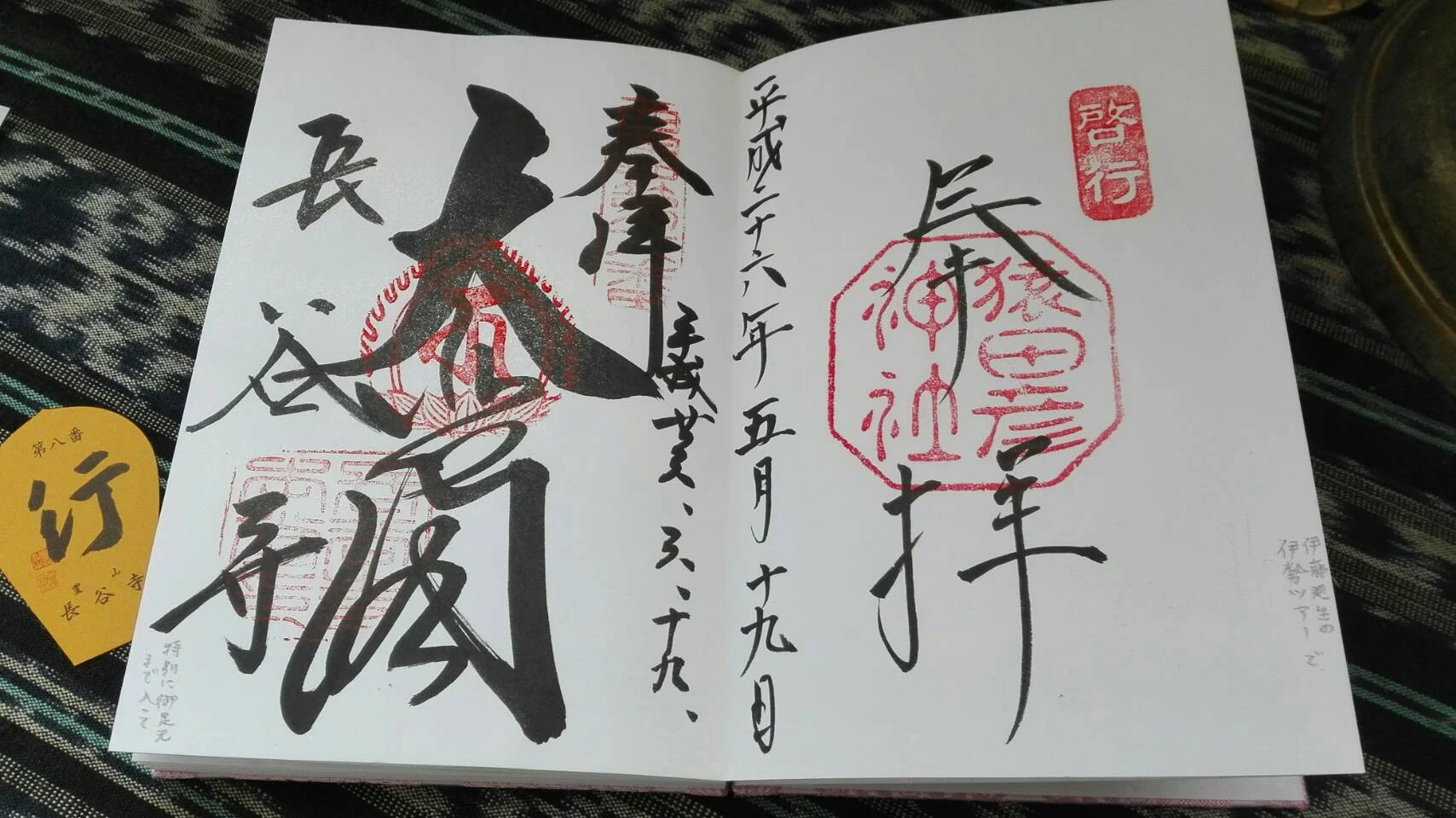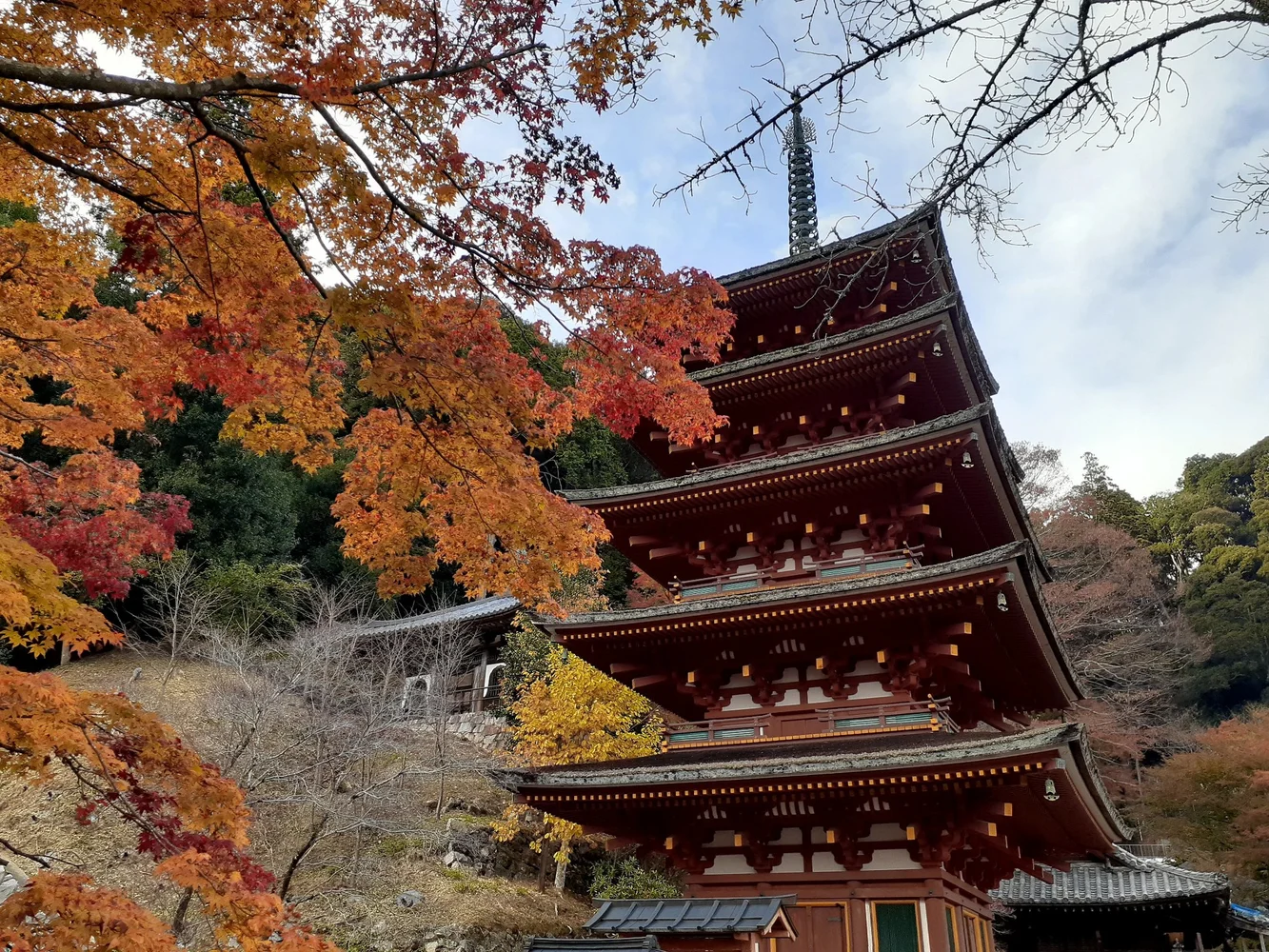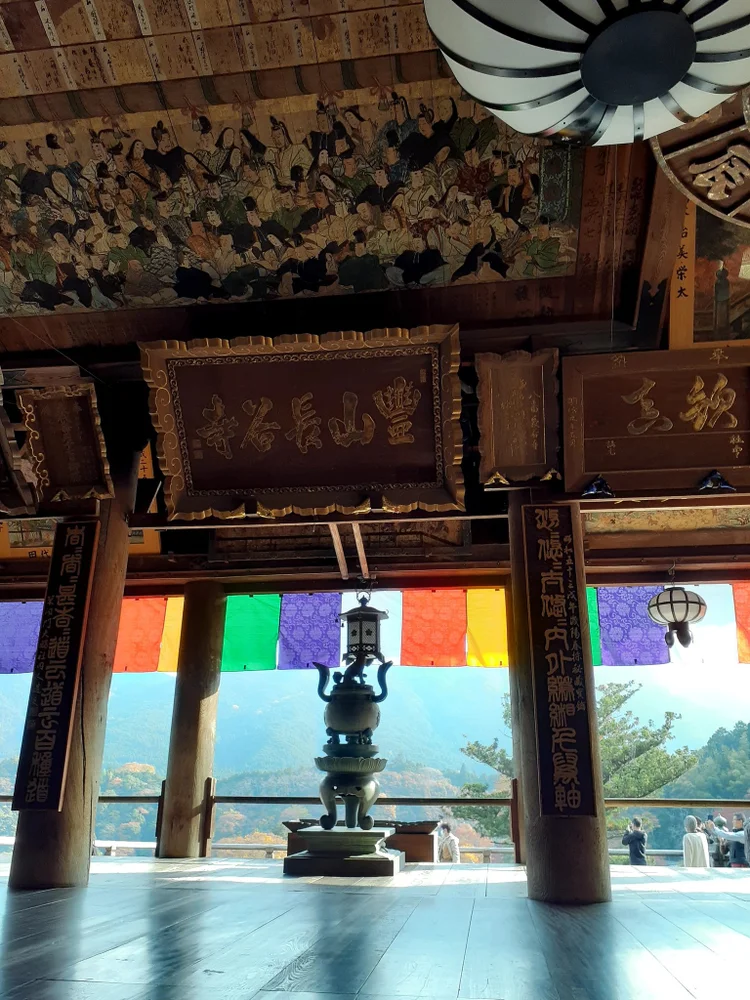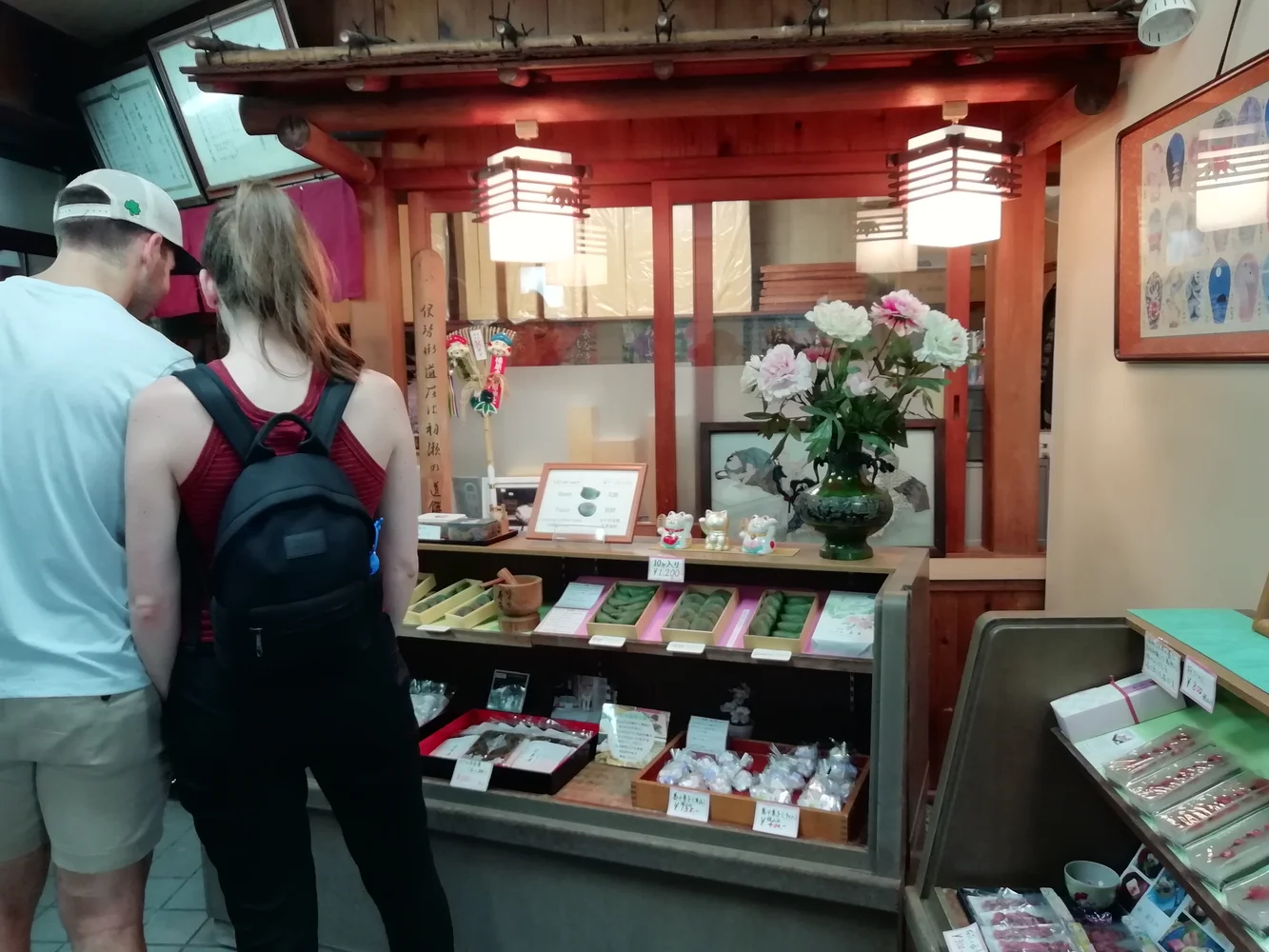Visit deep spiritual sites in Nara with a local guide!
Overview
Explore Yamato, the birth place of Japan as a nation, guided by a licensed English-speaking guide who is knowledgeable about history and spirituality. Visit the oldest shrine and temples full of legends and tradition!
Highlights
- Explore the oldest shrine in Yamato region, Ohmiwa Shrine.
- Drink the holy spring water of Sai Shrine.
- See the grand view of Yamato region with oldest tomb mound of the shaman queen, Himiko.
- Visit Hase temple, located deep in the mountains where you'll see plenty of seasonal beauty.
- The guide, Aki is a government certified English speaking guide, and can tell you unique stories about Japan's history and spiritualism.
